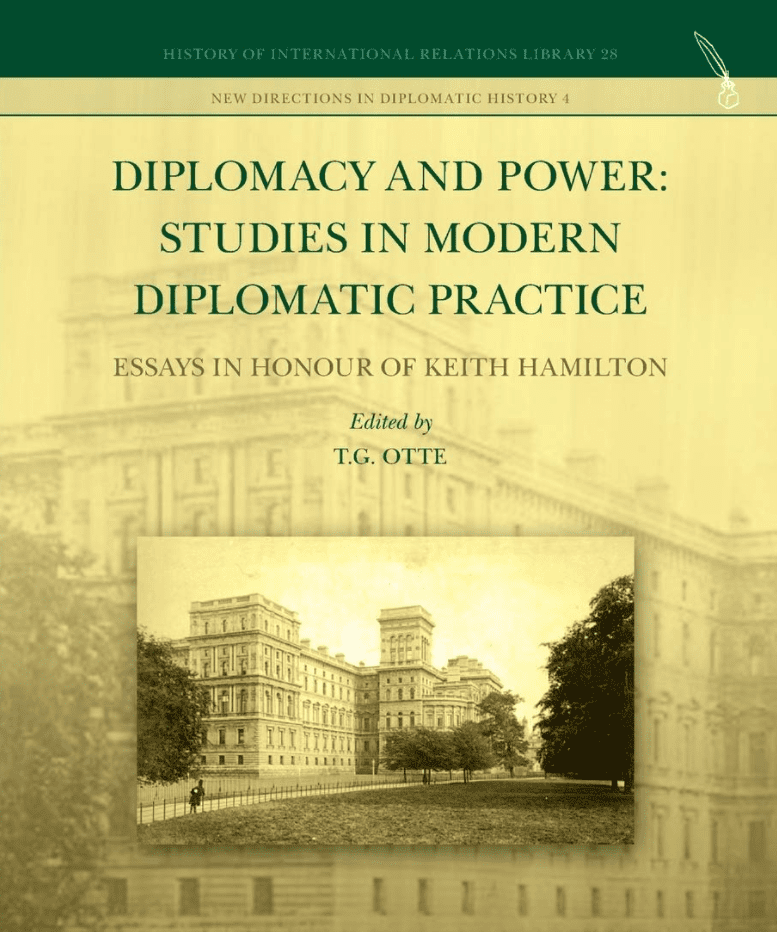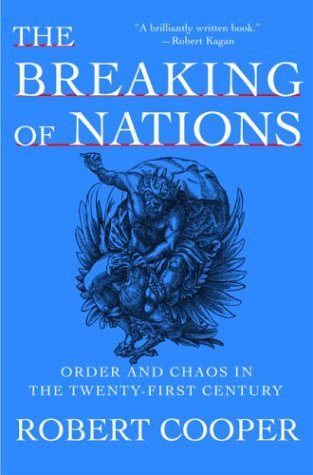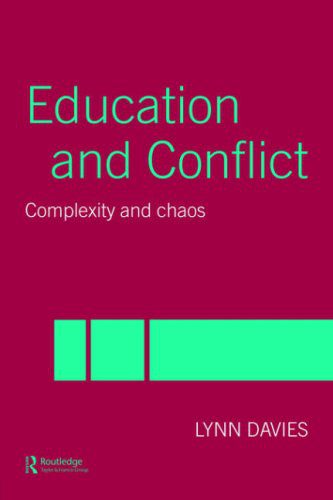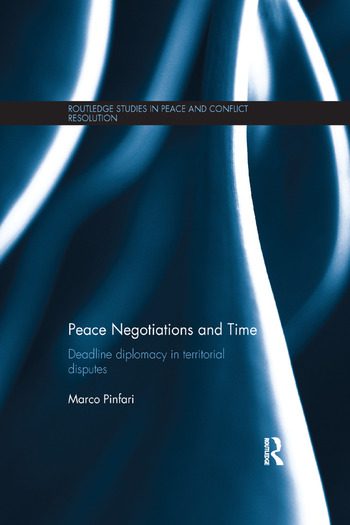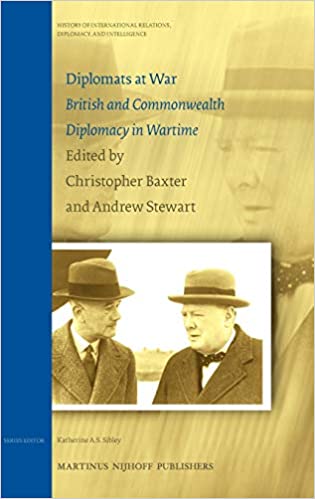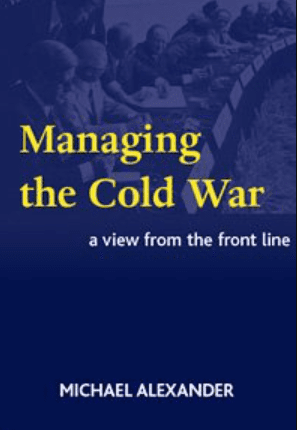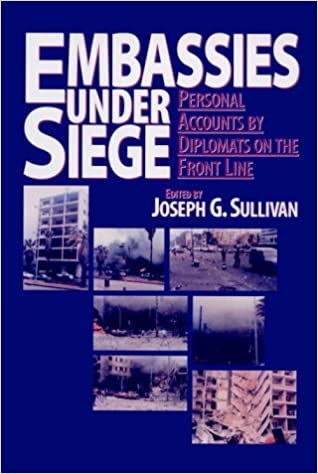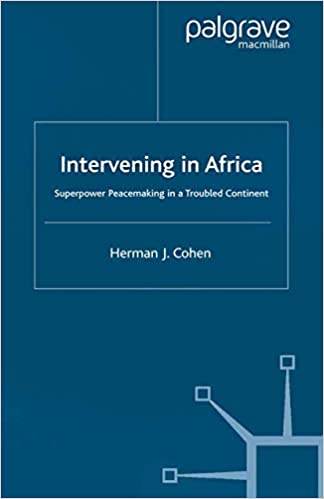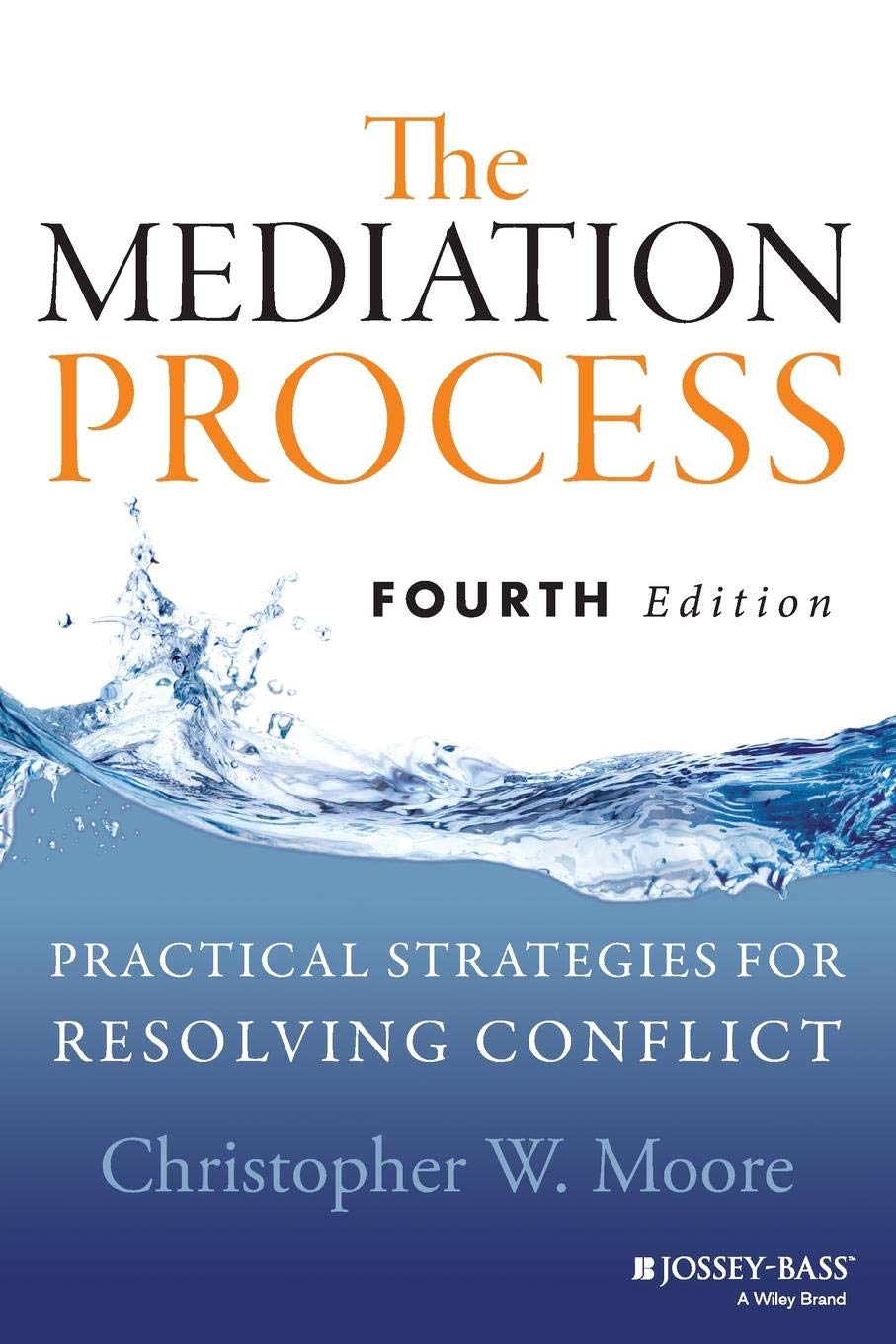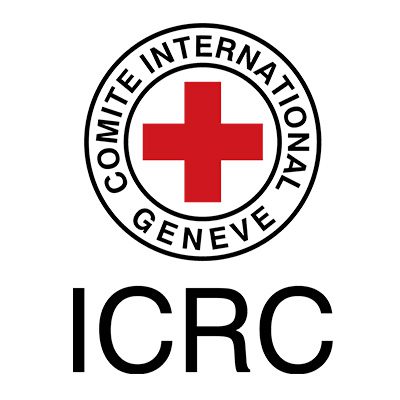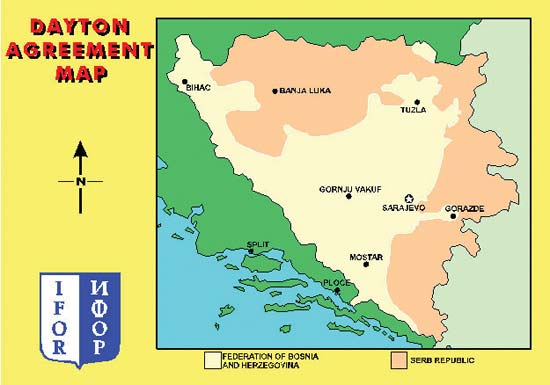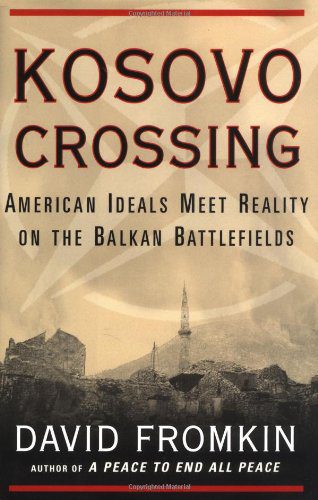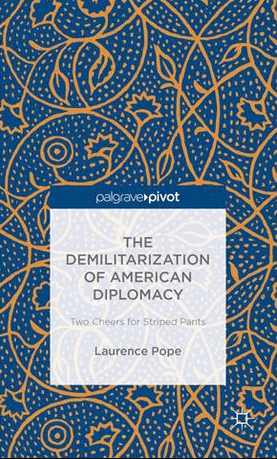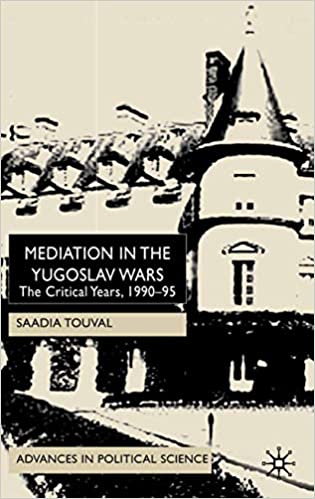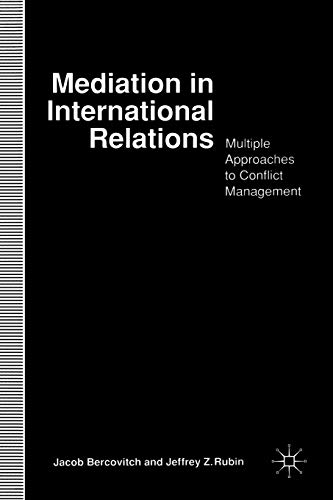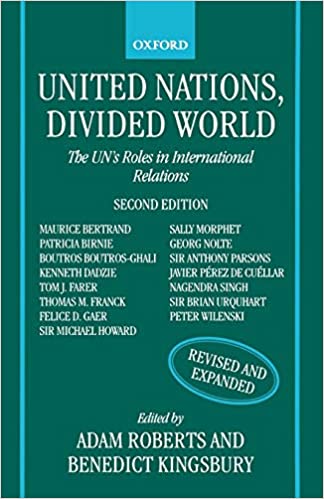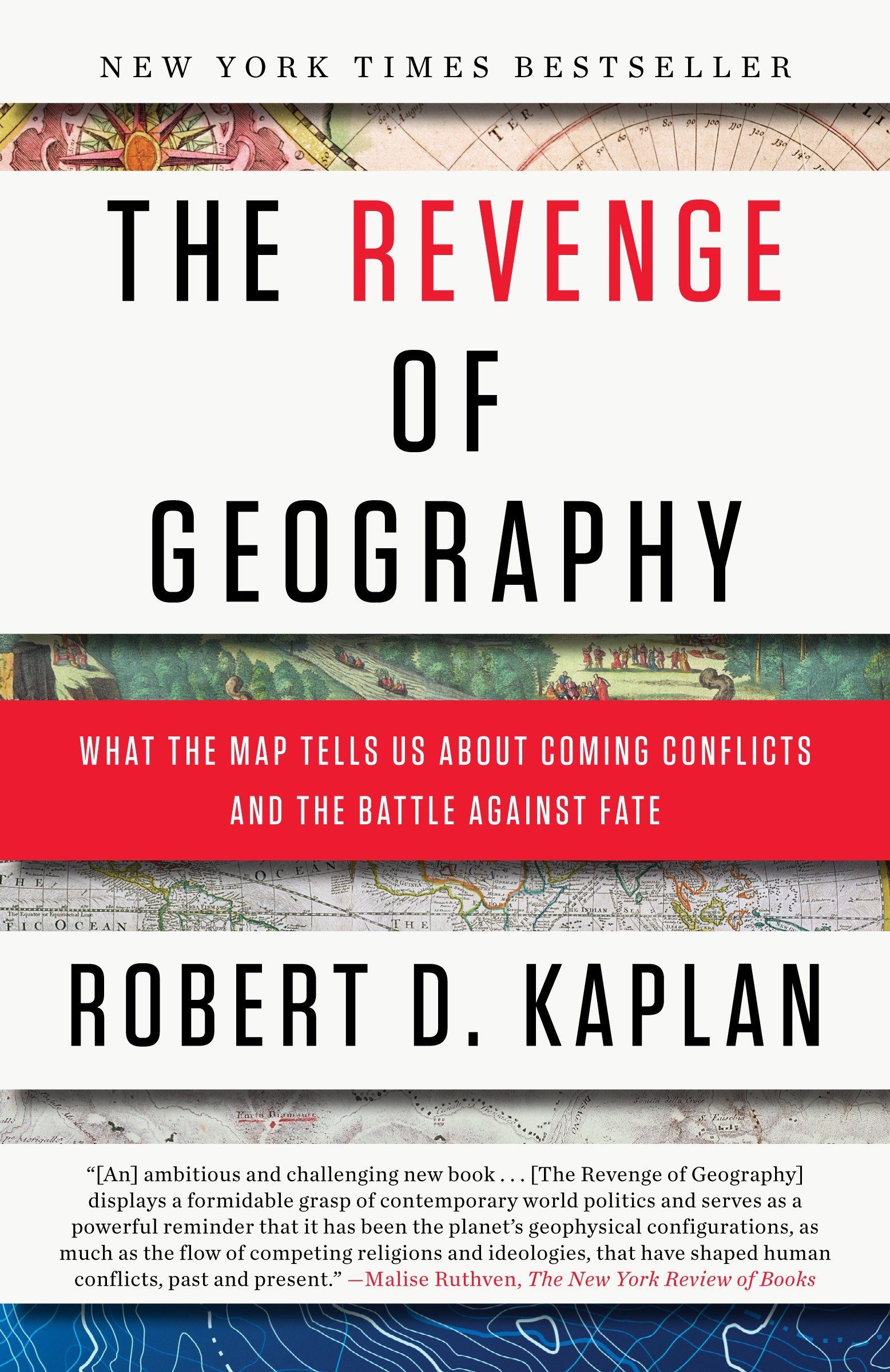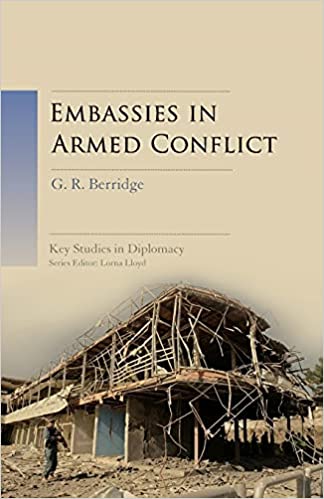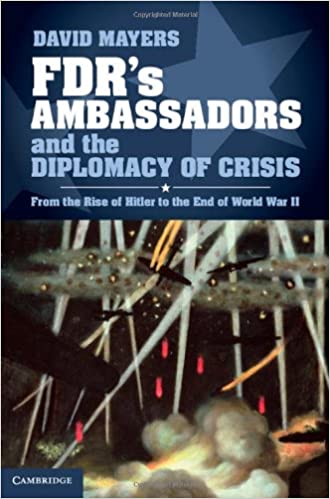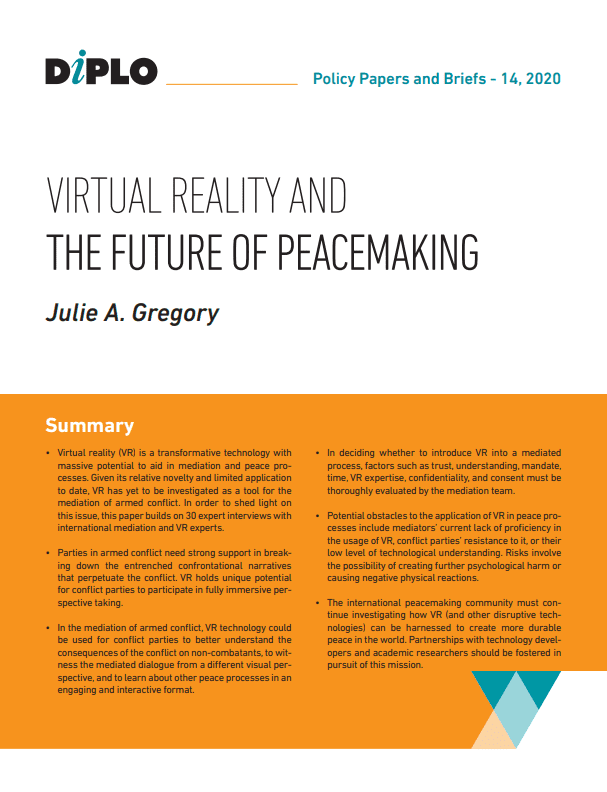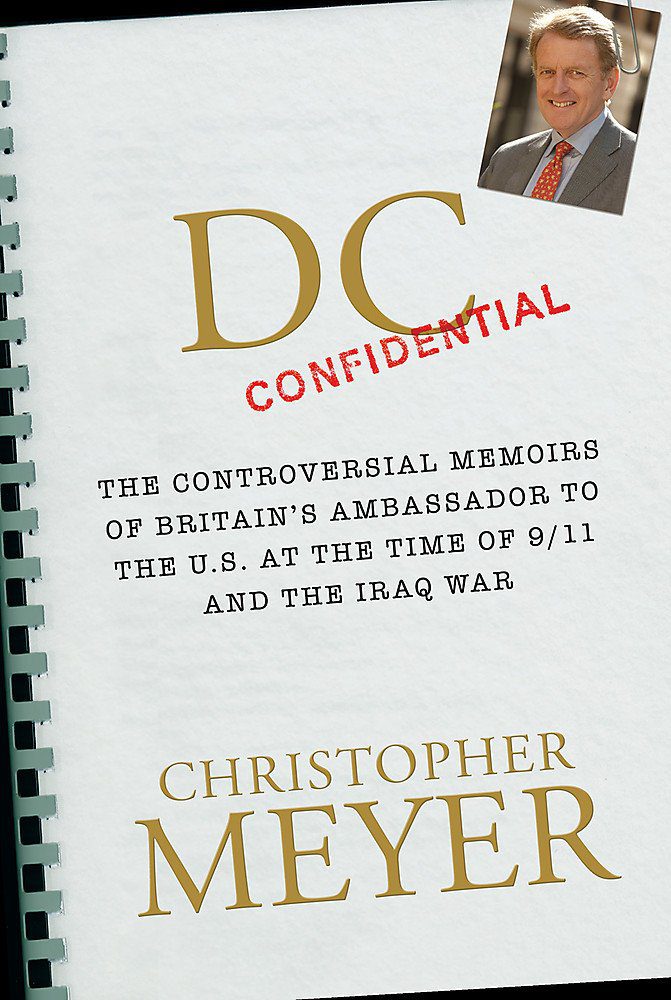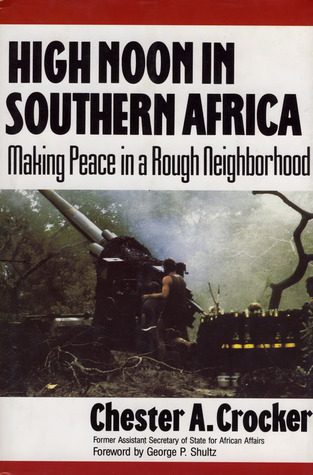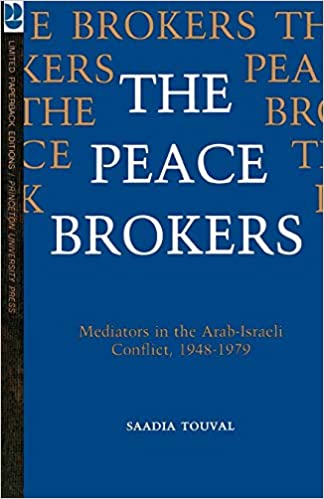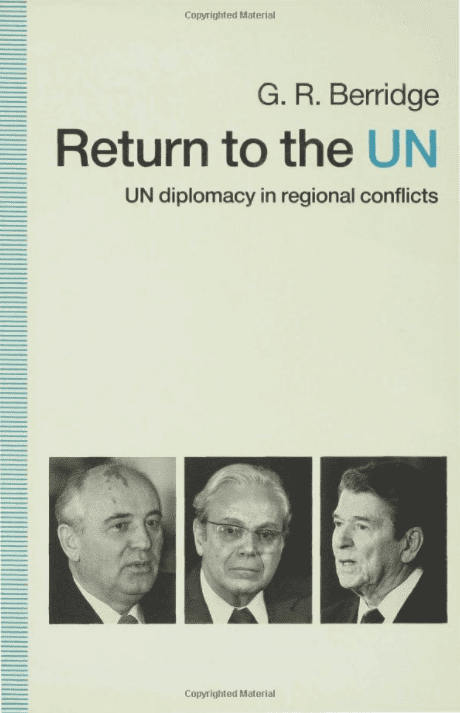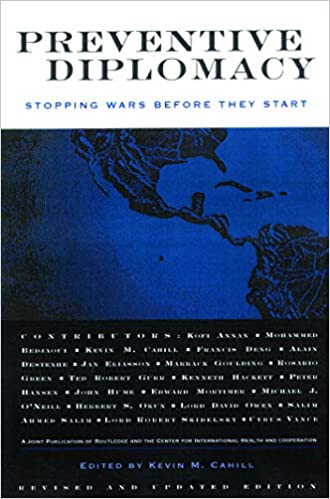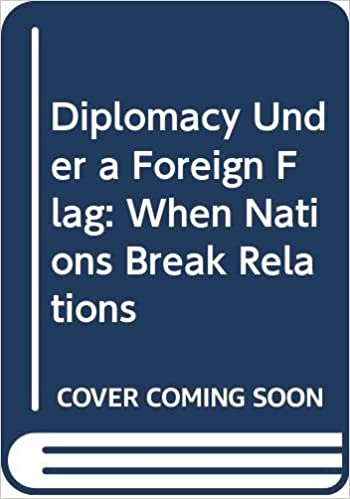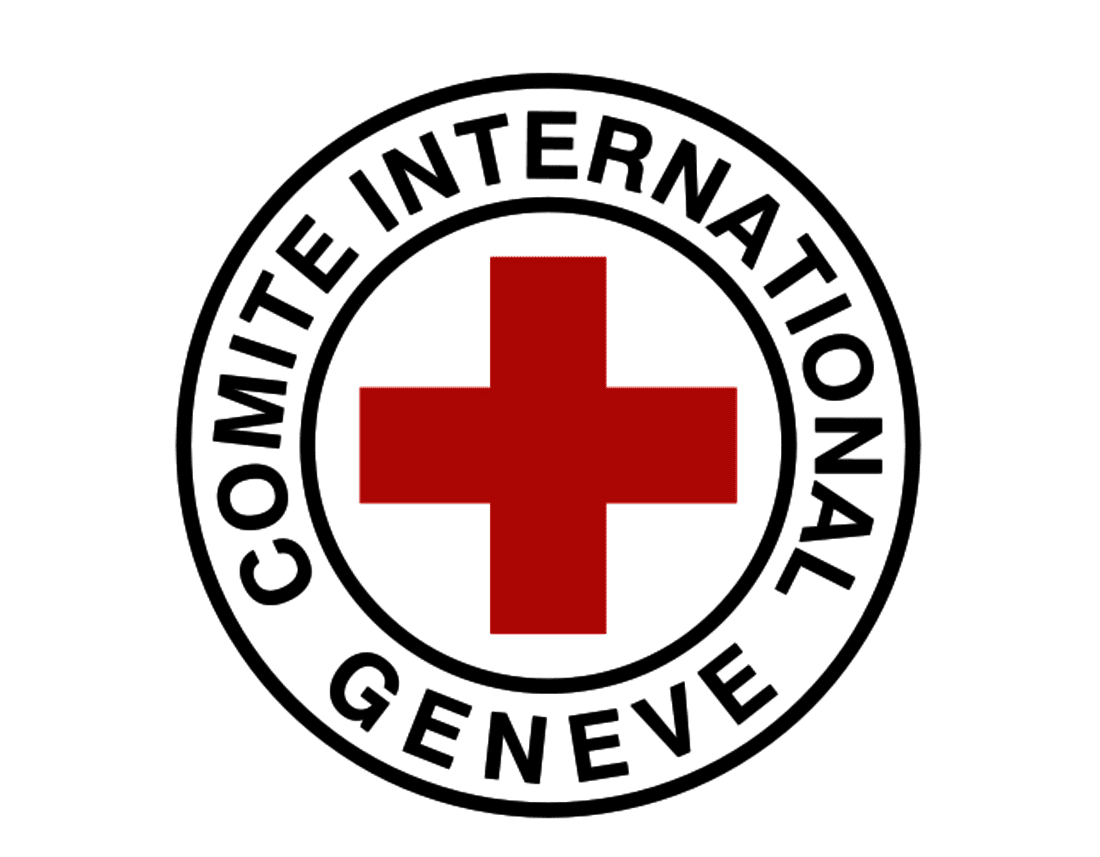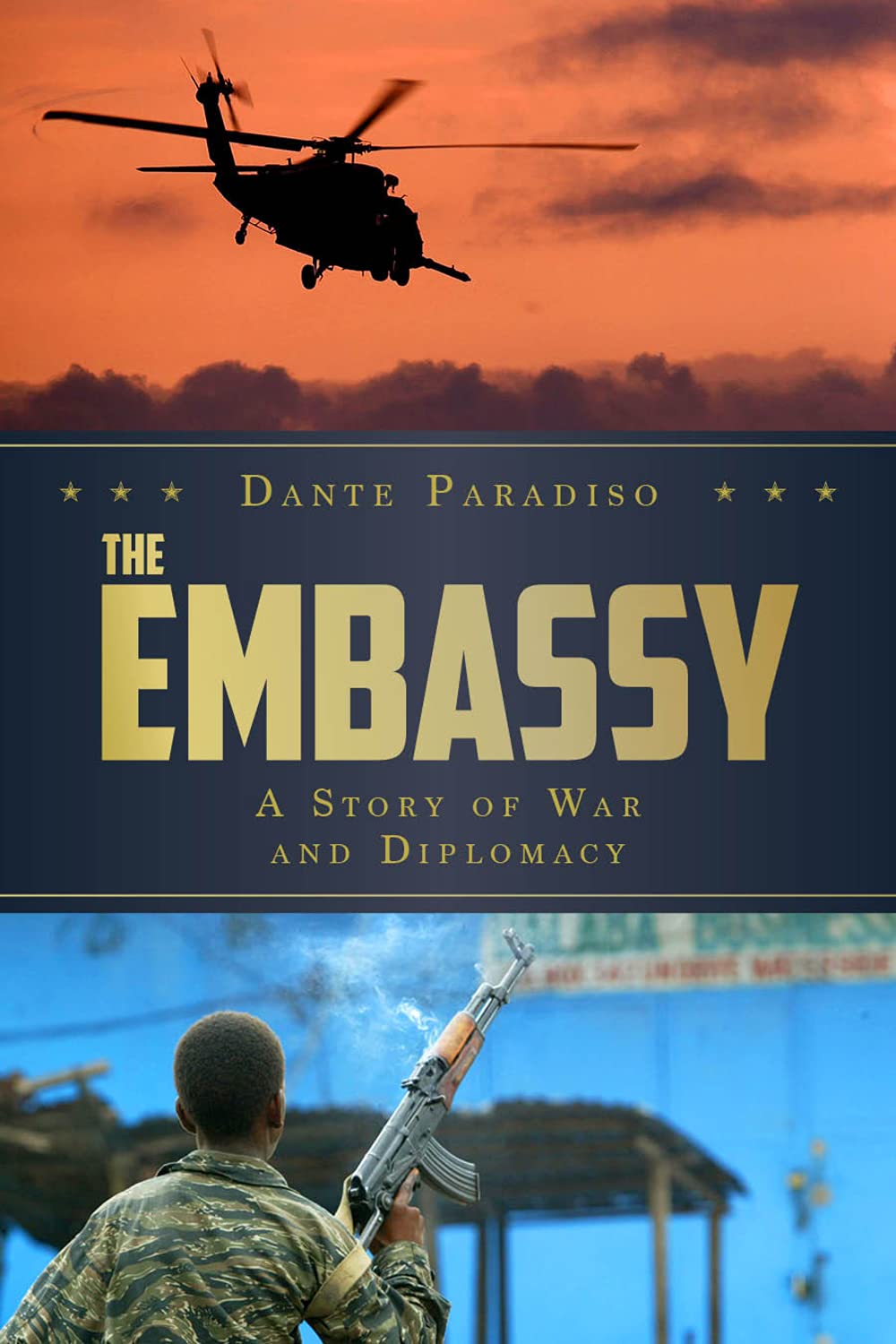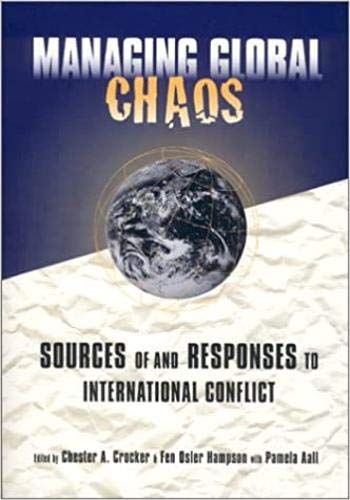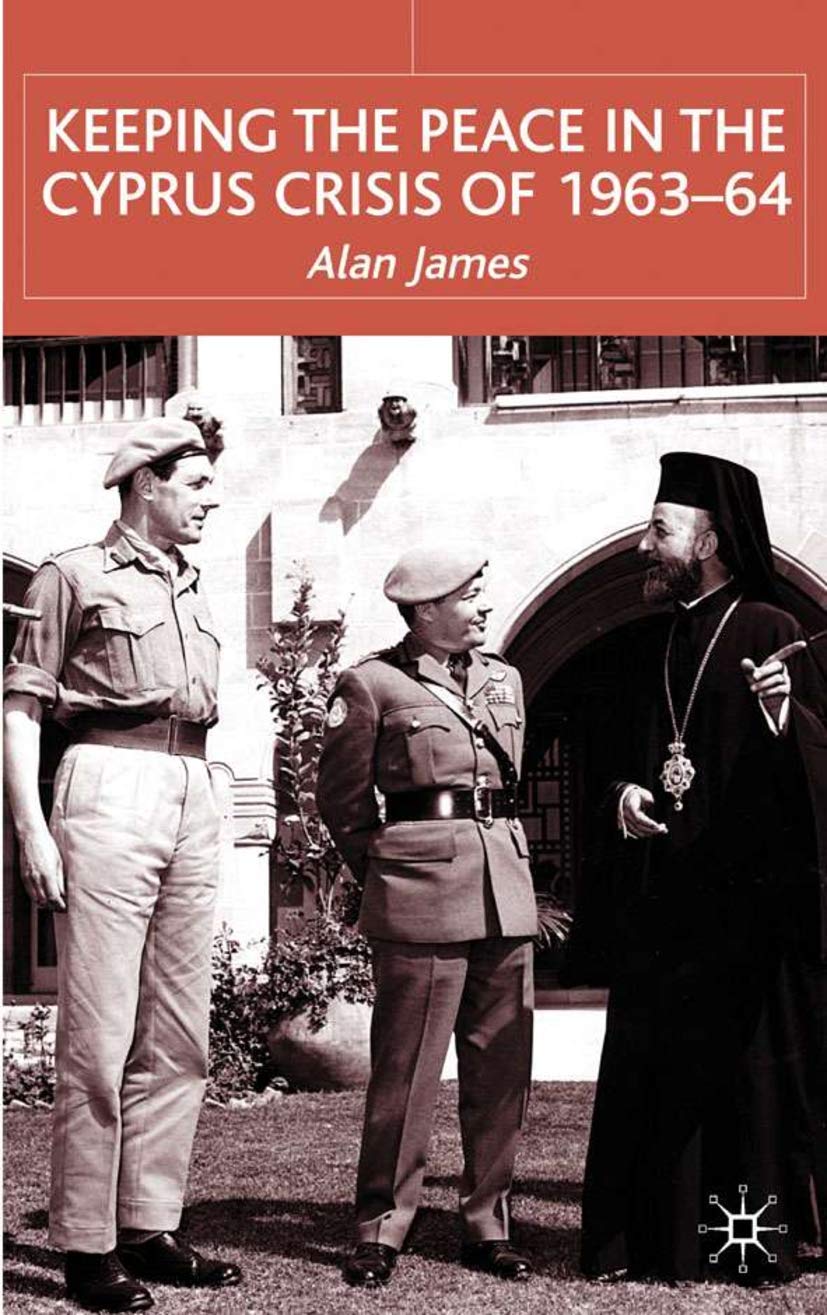Author: Aldo Matteucci
A New Generation Draws the Line: Kosovo, East Timor and the Standards of the West
2001
‘…the dilemma of politics: if you were ruthless enough to gain power to change the world, you probably would lack the idealism to change it for the better. But if you were sensitive and gentle and god, you were unlikely to command enough force to translate your programs into reality.’ David Fromkin, p. 23
In the XIXth century, the ‘Eastern Question’ – what to do about Turkey-in-Europe – aroused Europe’s emotions because it was about Muslims ruling Christians. Emotions went hand in hand with ‘strategic interests’: as the ‘Sick Man of Europe’ declined, Russia and Austro-Hungary vied for the spoils. Having helped itself to Egypt and the Suez Canal, Great Britain watched nervously and suspiciously moves that might threaten its lines of communication to India. Emotions drove policy, policy drove emotions. In the end it was the peoples of the Balkans that freed themselves of Turkish rule.
Austria went to war in 1914 to safeguard its strategic position in the Balkans. The three big powers on the region, Russia, the Ottoman Empire and Austria-Hungary collapsed. It failed. In 1920 once more the West imposed a settlement on the region based on Wilsonian – self-less – principles. These were:
- Non-aggression (art. 10 of the Covenant of the League of Nations); collective security to sustain the status quo;
- Non-secession;
- Self-determination (government only with the consent of the governed).
These three principles spelled the end of the existing multinational powers. But the successor states were themselves multinational – and indeed there was no way to trace geographic borders to fit the ethnic boundaries. Four options were at hand. The first was genocide – as in Armenia. The second was forcible population transfers. It was done time and again – from Poland to Greece. The third one was voluntary migration – no country seriously countenanced it. The fourth was to create a web of ‘minorities treaties’ to provide external protection for the minorities (under the League of Nations). It meant permanent interference with sovereignty by a credible guarantor or overlord [1]. The settlement of 1920 left the area prone to internal and external insecurity.
One of the considerations animating the US and its allies as it involved itself in the affairs of former Yugoslavia was the desire to serve not the national interest, but the common interest of all countries in bringing peace and stability to the world. Apologists from Havel to Blair in fact argued that it was the only justification.
This goal was beyond their capability to achieve: military intervention can sustain the status quo, but not bring about government with the consent of the governed. As second best, it can impose an imperial order, but it would be challenged unless followed by substantive involvement to change the political and economic environment that nourishes the conflict.
Can it at least stop widespread violence or genocide? This has been an unproven proposition so far. Peace making may work in a conflict between states, at the limit it may stop fomenters of civil war, but once a civil war has broken out, it is difficult to see how the fire might be put out by a military intervention.
As it turns out, and Chomsky proves punctiliously (and Fromkin concurs with his assessment), NATO intervention had a far more limited (and less altruistic) objective – to ensure the ‘credibility’ of the overlord face to a perceived challenge by the Serbs. Ensuring credibility is a poor criterion for action. It aims at worldwide or regional perception, and it is founded in perception – not reality. Such a goal is poorly defined and its achievement is difficult to determine. The choice of instruments reflects the larger goals, not the needs of the situation. Credibility – make believe – is theatre, and the willingness to bear the human costs is very limited. Establishing credibility finally has a fundamental flaw: it commands consistency in face of challenge, hence replication. This quickly leads to overstretch. Failure to do so leads to the charge of ‘double standards’.
Where Fromkin and Chomsky diverge is in the deeper justification for U.S. action in former Yugoslavia. The first sees indulgence, the latter imperial design. For non-imperial powers indulgence is the operative term – and there is lots of indulgence about these days. It takes place for internal policy reasons – to be seen as ‘doing something’ about evil in the world. FROMKIN reserves his harshest judgement for such people: ‘Preferring that people die rather than have someone thought to be undesirable move into your neighbourhood may be human nature, but it is not humanitarian.’
We have the capacity to destroy and freeze the ruins in place – not the wisdom to rebuild. Not unless we are willing to become involved and thus change the framework for a possible solution. The US did this in Europe after WWII. What emerges may not be better, but it will be different and, foremost, has a chance of being stable.
We are seldom ready to bear the costs of our idealism. What is to be done? The tension between power and goodness cannot be resolved. We can be more modest, however, and temper our idealism with awareness of our limits and limitations…
Notes
[1] As it turns out, empires have always been keen to maintain their credibility. The Roman destruction of Massada – and in particular the method they used – was all about credibility. Massada was a small community, hardly worth any effort. It could have been captured easily, had the Romans bothered to walk up to the city walls from the other side of the mountain. The choice of building a monstrous siege machine to surmount the precipice defending one side of the city was dictated by the wish to show to the rest of the empire Rome determination to spare no effort and pay any price in defence of imperial rule
Review by Aldo Matteucci


